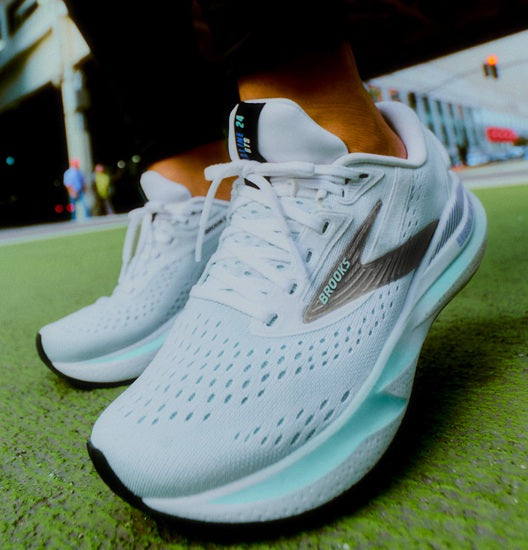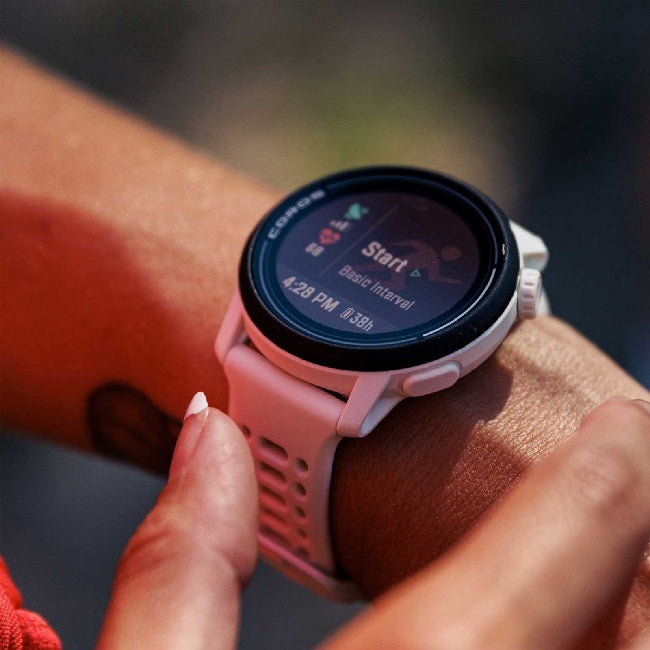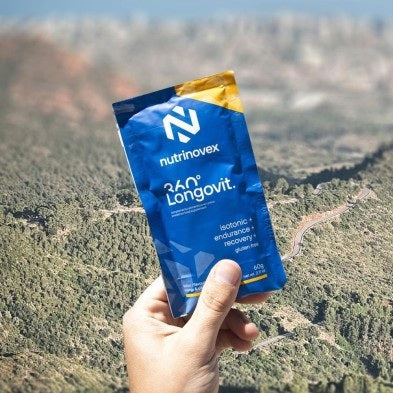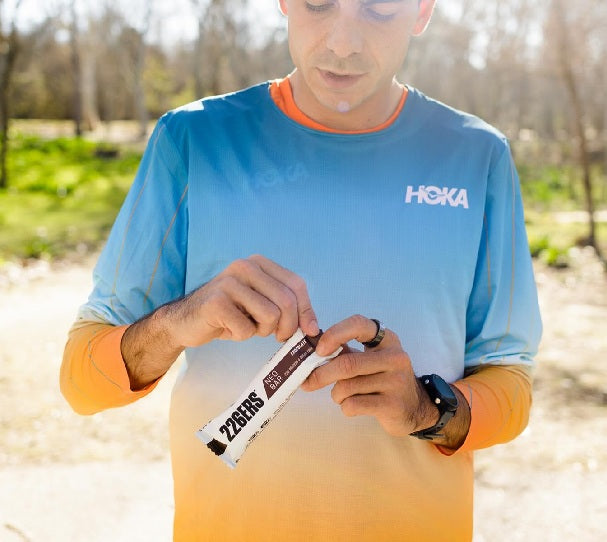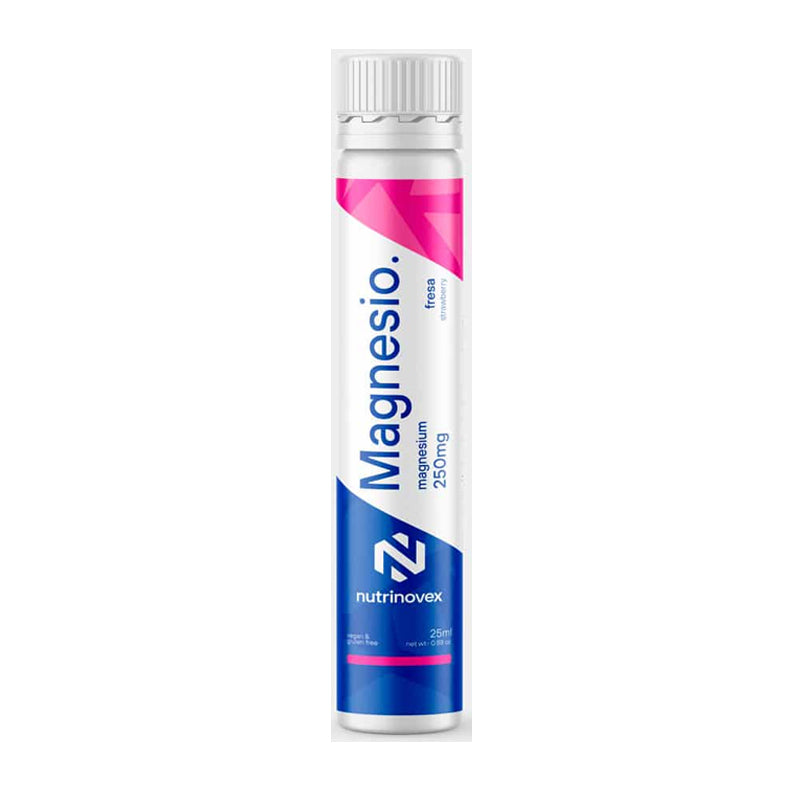Sort by
1 product
What is magnesium?
Magnesium is an essential mineral for the human body, playing a crucial role in various biological functions, including muscle contraction, energy production, and fluid balance. In endurance sports such as running and trail running , magnesium is especially important for maintaining optimal performance and preventing problems related to muscle fatigue and dehydration .
How does magnesium help in running and trail running?
-
Muscle Cramp Prevention: One of the most well-known benefits of magnesium is its ability to help prevent muscle cramps. During endurance activities, such as running and trail running, the body loses magnesium through sweat. Magnesium deficiency can increase the risk of muscle cramps and spasms, especially during long workouts or in hot conditions. Magnesium helps regulate muscle contraction and ensures muscles relax properly, reducing the likelihood of cramps.
-
Improved muscle function: Magnesium is crucial for proper muscle function, as it is involved in the transmission of nerve impulses and the synthesis of ATP (the primary source of energy for muscles). Adequate magnesium levels contribute to more efficient performance and improved muscle recovery after training or competition.
-
Electrolyte Regulation: Magnesium helps maintain the balance of other electrolytes, such as sodium, potassium, and calcium, which are essential for hydration and proper body function during exercise. An imbalance in these electrolytes can lead to dehydration, fatigue, and cramps. Magnesium plays a key role in regulating these minerals, helping to prevent dehydration and its negative effects on performance.
-
Reduced fatigue and improved recovery: During prolonged efforts, such as running or trail running, magnesium helps reduce fatigue and muscle stiffness, allowing for faster recovery. It also promotes protein synthesis and cell repair, improving recovery after a demanding workout or competition.
-
Supports cardiovascular function: Magnesium also plays an important role in cardiovascular function, helping to regulate heart rate and blood pressure, which are critical when performing endurance exercise. Adequate magnesium levels ensure the heart functions efficiently during exercise.
How to take magnesium for running and trail running?
Magnesium can be obtained through diet or supplements. Food sources rich in magnesium include:
- Nuts and seeds (almonds, walnuts, chia)
- Legumes (lentils, chickpeas)
- Green leafy vegetables (spinach, chard)
- Bananas
- Fish (salmon, tuna)
If dietary magnesium levels are insufficient or if additional support is needed for athletic performance, magnesium supplements in tablet , capsule , or powder form are an option. A daily dose of approximately 300 to 400 mg of magnesium is recommended, although this may vary depending on individual needs and exercise intensity.
Considerations
- Hydration: Magnesium is lost through sweat, especially during prolonged activity or in hot conditions, so it is important to replenish it during or after exercise.
- Side effects: In some people, magnesium can cause side effects such as diarrhea, especially if taken in large amounts. It's recommended to start with smaller doses and adjust as needed.
In short, magnesium is an essential mineral for running and trail running performance, as it improves muscle function, prevents cramps, regulates electrolytes, and promotes recovery. Maintaining adequate magnesium levels is key to optimal performance and effective recovery in these endurance sports.
Shipping to all of Spain and Portugal
Delivery 24H to the peninsula, 48/72H to the islands
Shipping
Free shipping on orders over €59
Returns
Returns and exchanges up to 30 days
Pay later
Buy now, pay later with Klarna and SeQura




